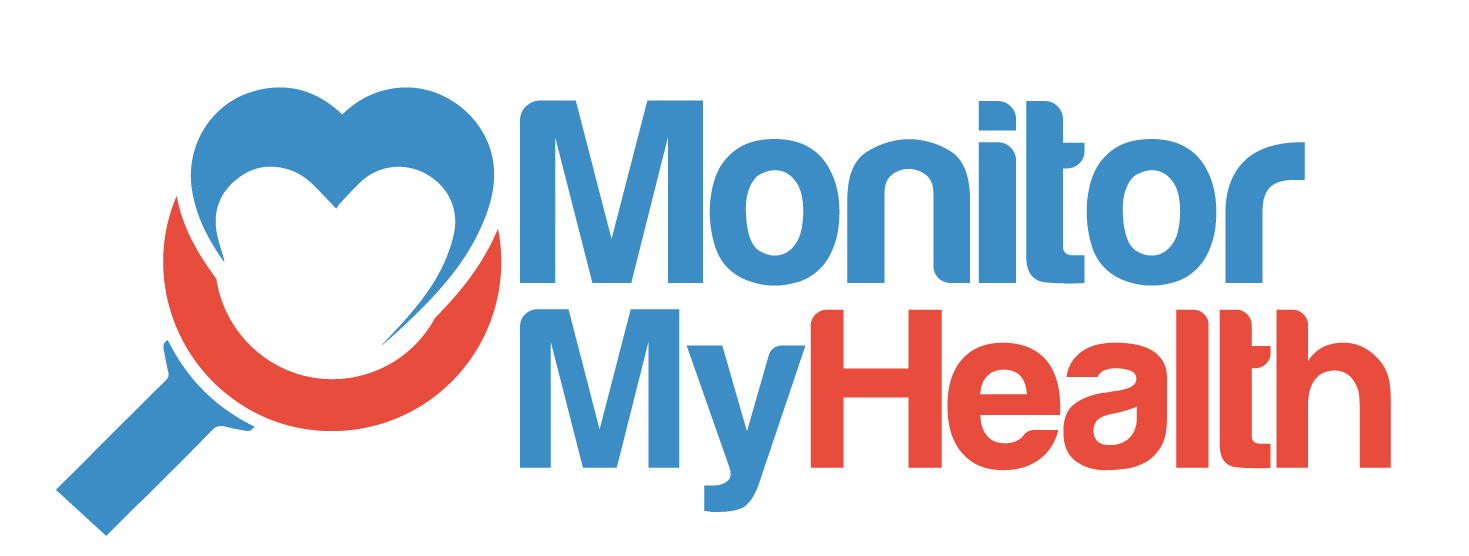AARP Hearing Center

The following post was submitted by Dr. Dana Wade, founder of Monitor My Health, Inc. The non-profit organization, fully recognized by the CDC, has delivered much-needed prevention services to underserved and minority communities, and elder groups since 2016. The program is covered by Medicare, Medicaid, and most commercial insurances. For more information, please go to www.monitormyhealth.org website, call (203) 683-5946 & (860) 960 2610, or email Admin@monitormyhealth.org.
COVID-19 changed life for everyone this year, but not everyone in the same way. Some who contracted the virus experienced mild or no symptoms and could isolate themselves at home, while others ended up in a hospital with serious complications, including death. So perhaps there is a root cause for such a broad difference in how COVID-19 affected people.

According to the World Health Organization (WHO) and the Centers for Disease Control and Prevention (CDC), there is a link between the severity of COVID-19 outcomes to increased blood sugar levels (hyper-glycemia), high cholesterol, and being overweight.
This is alarming, especially considering statistics on the health of adults in the United States.
- One out of 3 adults has prediabetes, a condition in which blood sugar is high but not high enough to be type 2 diabetes, and 90% of them do not know it.
- Nearly 40% of adults are obese.
- Sixty-two percent of people in their fifties have high cholesterol.
Fortunately, following a simple evidence-based prevention strategy can improve, or even prevent, these conditions. According to the National Institute of Health in 2001, individuals with prediabetes can decrease the risk for developing type 2 diabetes by up to 58% (71% for those 60 years and older) by achieving the following goals:
- Lose 5-7% of initial weight.
- Do 150 minutes of regular activity, at a moderate pace, per week.
- Implement healthy eating, sleeping, and stress management habits.
Enrolling in a CDC-recognized Diabetes Prevention Program (DPP) that keeps participants accountable is one option for achieving these goals. This yearlong structured program – supervised by a medical doctor and conducted under the guidance of a certified lifestyle coach and Registered Dietitian – follows an evidence-based curriculum. The program has helped thousands of people to prevent type 2 diabetes and heart disease.
As the founder of Monitor My Health, Inc., I have devoted my entire career to disease prevention and am happy to share it is now possible to take this program 100% remotely from any state via telehealth. Video-conferencing allows for group discussions and regular meetings with a lifestyle coach, while a user-friendly portal enables food, activity, weight tracking, and blood pressure monitoring.
It is important to remember that losing weight, being more physically active, and eating healthier can lower your blood sugar and cholesterol numbers, which can lessen complications from COVID-19.































































